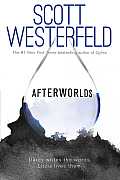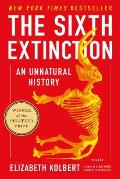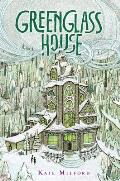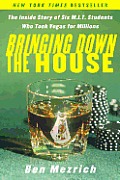 by Gail Carriger
by Gail CarrigerGenre: I think this is steampunk.
Age group: Mature 13/14+
Lady Prudence Alessandra Maccon Akeldama, also known as Rue, is a metanatural who can steal the supernatural powers of anybody she touches. She is also the receiver of a spectacular dirigible from her adopted father, the vampire Dama. She promptly names the marvelous acquisition The Spotted Custard, paints it to resemble a ladybug, and sets off to India on a mission for Dama to find the plants for a remarkable new variety of tea he has recently discovered. Along with her quirky crew, including her best friend, The Honourable Primrose Tunstell, Primrose's book-obsessed, professor-ish brother, Percy, and the dashing, rakish Quesnel, Rue sets off on a long, hijinks-filled adventure, stumbling across mysterious plots and characters along the way.
One of my favorite parts of this book is the Victorian-esque language, which is really fun to read and helps set the scene for the story, which takes place in a Victorian-esque era, only one with numerous supernatural creatures. Another of the book's great qualities is the eccentric-ness of everything in it. The characters are funny, quirky, interesting, unusual, and aren't really aware of this. The situations they find themselves in can be quite odd, adding to the overall out-of-the-ordinary-ness of the book. I will admit that at the end, I found that the book got a little political, which I didn't enjoy as much. I wasn't really reading it for politics. However, the end and the surprise(s) that come near the conclusion really are very interesting and unexpected. After reading this, I think I will dive into some of Gail Carriger's other novels and series.





